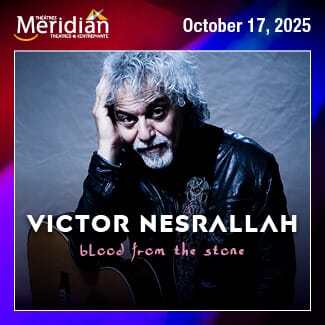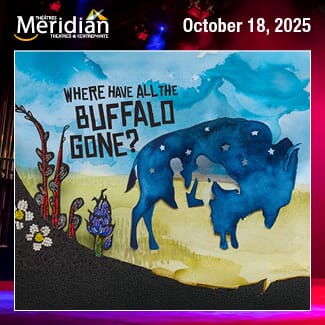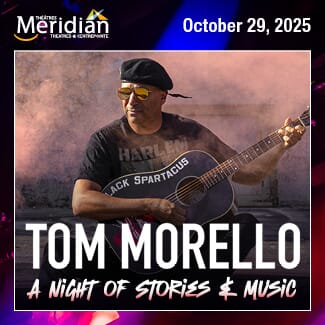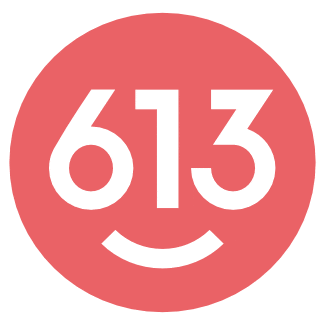It seems like anniversary tours have been all the rage of late. With so many legacy artists celebrating milestone anniversaries of their iconic albums, the opportunity to revisit these timeless classics with fans new and old is unique.
While the nostalgia may be strong, it seems odd to think the Canadian indie scene explosion that started in 2004 is already at its two-decade anniversary. So many artists had landmark albums that year; for most, it was their first album to have both critical and commercial success.
Building on the percolating buzz that was created by Broken Social Scene and associated acts like Metric, 2004 releases include Arcade Fire’s Funeral (ranked #1 on Pitchfork’s best albums that year), nominated for a Juno, losing to Feist’s Let It Die. Another album nominated in that group was Stars’ monumental Set Yourself On Fire.
As they were spread across a triangle of Toronto, Montreal, and New York, members of the bands were crisscrossing and collaborating, establishing a new generation of bands that continue to produce quality music twenty years later. While most are still very much focused on the present and the future, this Wednesday, Stars will indulge in a night of nostalgia, as they celebrate their pivotal album (recently remastered for the anniversary release), playing Set Yourself On Fire in its entirety, as well as a handful of other picks from their catalogue.

Stars return to the NAC in December 2018. Photo: Stewart Wiseman.
We caught up with founding member Evan Cranley to reminisce about the album, the scene at the time, and how the band continues to thrive today.
Looking back now, what’s it been like dusting off the album and going through it track by track?
We wanted to change the fidelity for people who wanted to listen to it on AirPods, directly through their phone, on vinyl or in any format. So it was important to us to update it for the new ears of the world.
It’s quite interesting because it has been 20 years, and lots of people don’t know it’s our third record. It’s funny when we were in the room rehearsing, for a lot of band members, it’s not their favourite record. It’s the one we’re known for. So it’s interesting to think what would we do differently if we were to re-approach the record? Obviously, we’re proud of it, but we can’t help but critique it a bit as we’re playing it. Sonically, or what would we do next time?
But what interested me was how many songs are about sex and war. Death, war, and sex seem to rule the record, which is interesting. And it goes to extremes, because we talk about losing a loved one or losing a relationship, to go right into the Iraq War on the track right after it. We’ve been rehearsing it in succession, as we’re playing it in full and in order on this tour, so it’s interesting, just slipping through modes.
Thinking back 20 years ago, when you were blowing up, Broken Social Scene blew up—you had Metric, Feist, Arcade Fire. The indie scene back then seemed like everybody could make it. Looking at that now, how are you seeing everybody with great careers still going?
Those are some very incredibly hard-working, very talented people, and a lot of the connections with Metric, Feist, ourselves, and Broken Social Scene, we all knew each other as kids. We all went to adjacent high schools in Toronto. We all were playing in the same places. I think this goes back to at least the Toronto scene when I was a teenager and in my young 20s, there were so many places to play, like loft spaces, and so many clubs to go and play. There were so many places to see live music.
I know cities have changed so much. It was so easy to meet James Shaw multiple times a week, jam in a dirty apartment, and then go down to Queen or College Street and see amazing bands. With Montreal, Toronto, and New York, because that’s the triangle we lived in in the late 90s and early 2000s, I think part of it is that there was so much raw space to make noise in. I think all those cities 20 years ago, there were fewer people and more space. You just had more time and felt more free, and you could be noisier and as creative as you wanted to be in all these spaces.
Like, James and Emily (from Metric), myself, Torquil, Amy, and Chris Sullivan (of Stars) lived in a loft in Brooklyn above an auto body shop, where we could make noise 24 hours a day. I think that fuelled our creativity.
Fast forwarding to today, it’s been two years since Capitol Hill. Any new stuff in the works? Or is the anniversary taking up most of the energy and time?
The anniversary is taking up our time, and I don’t think the six of us are ready to start anything new right now. I think we’re languishing in the support for this older work, getting in the studio and trying to make new stuff right now would burst that bubble, to be honest. But if there’s a time to do that down the road, I could see that.
That would be our tenth record. But it’s got to feel like everyone’s ready to do it. I’m sure that day will come, but I don’t see it happening very soon. It’s been so cool to revisit and play the whole record and then we get together every night and choose eight songs from our catalogue that people want to do. It’s been cool going through 25 years of material to choose from for the ‘B section’ of the set.
Stars will play Bronson Centre on Wednesday, Oct. 2. The show has been sold out for weeks, but keep checking to see if any tickets are released!















